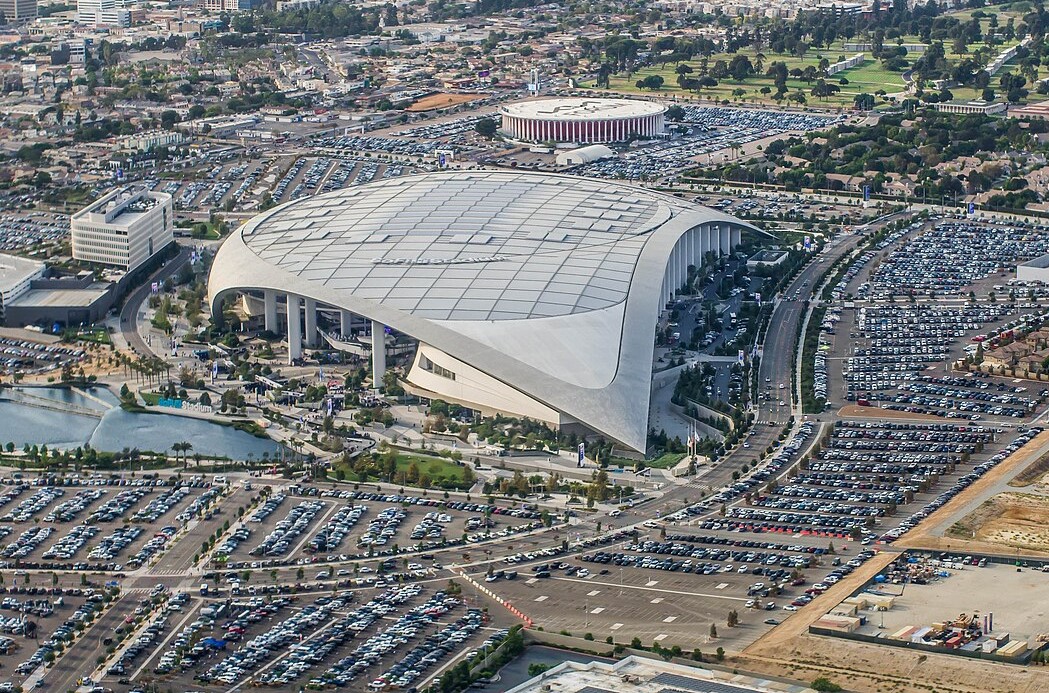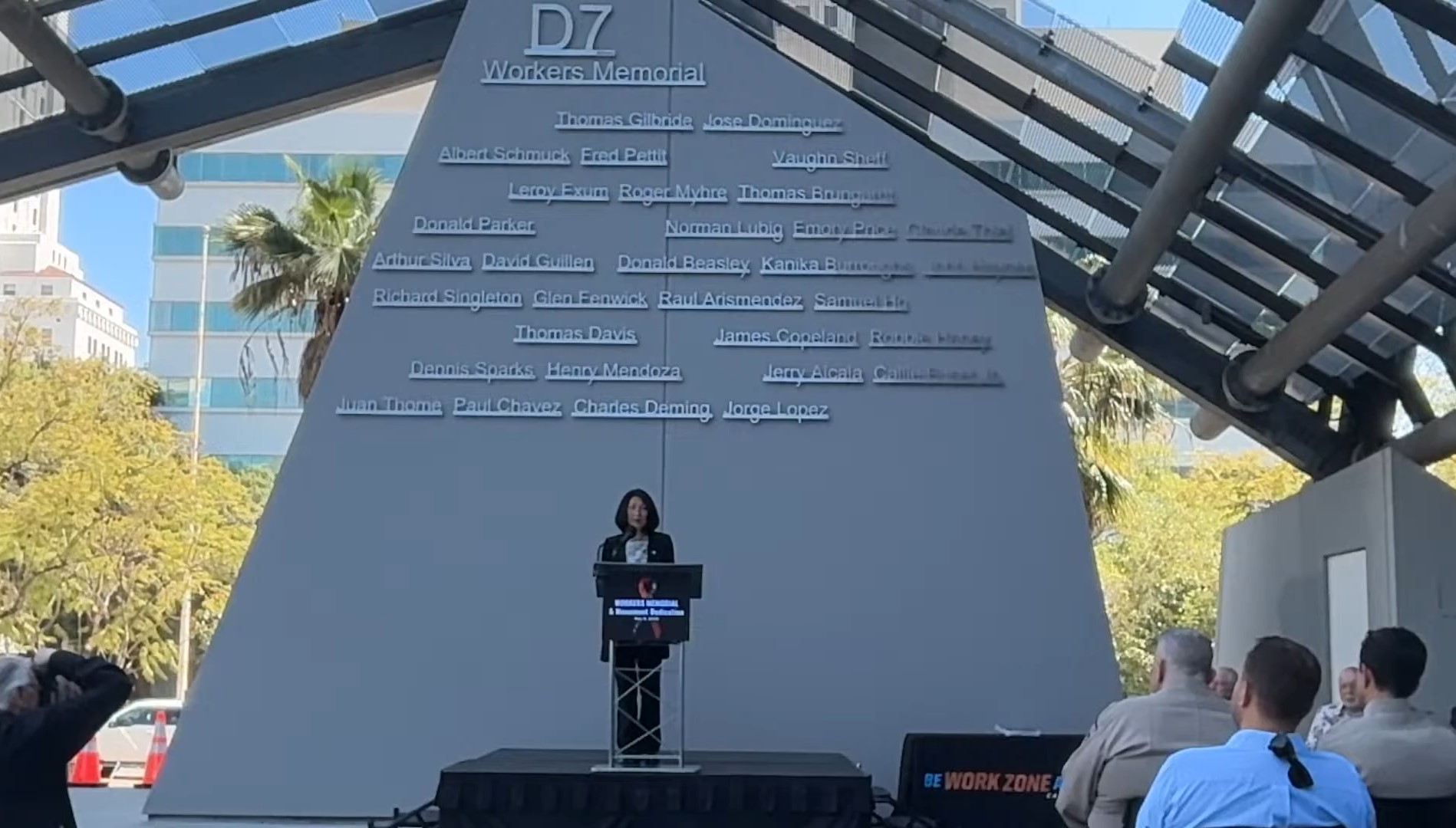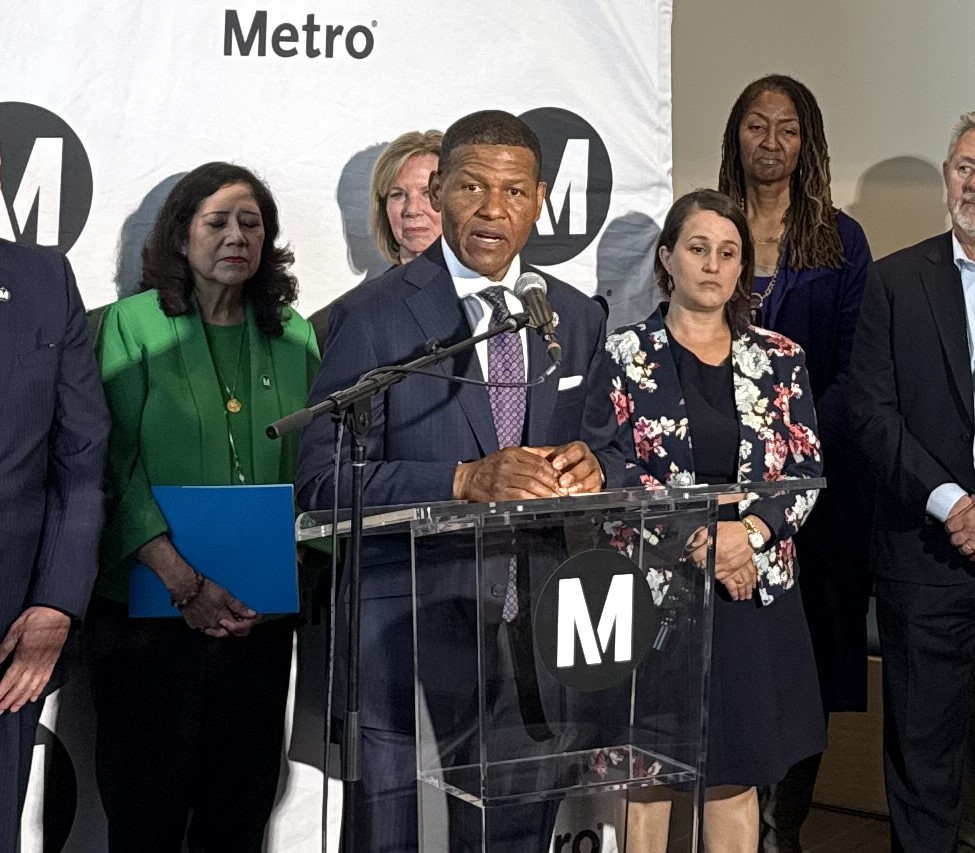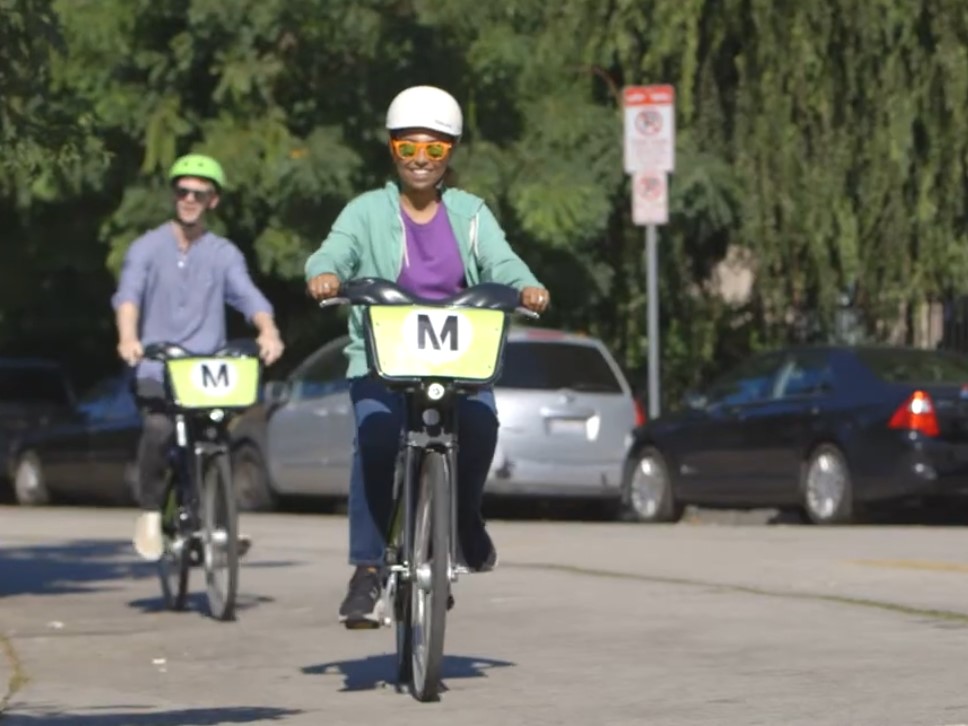President Obama gave the first outlines yesterday of a $50 billion plan for new infrastructure investment, which would provide funds for the expansion of high-speed rail and local transit systems, road construction and repair, and runway upgrades at airports. A centerpiece of the proposal is the creation of a national infrastructure bank, which would pool public and private funds to finance transportation projects.
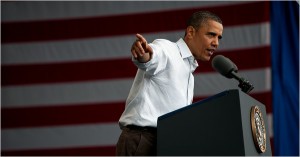
Transportation for America called the plan “fundamental to the long-term health of our economy.” Director James Corless issued this statement:
The Administration has recognized that the earmark-driven, unaccountable spending of the past must end. The President today has promised to press for carefully targeted investments in those projects that compete best in satisfying clearly articulated national goals for energy security, safety, affordability, environmental sustainability and economic competitiveness.
Yonah Freemark at The Transport Politic asks how the timing of the infrastructure push will affect its chances in Congress:
It is not clear how much enthusiasm the Congress holds for what is being portrayed as a second stimulus, nor how much can actually be built with the money, which would be invested over a period of six years though mostly at the front end.
James Rowen at The Political Environment had a front row view of the President’s speech, given at a labor rally in Milwaukee:
I loved the administration’s commitment to a national passenger rail system; jobs and growth for Milwaukee will be and already are the local outcomes.
Rowen thinks the plan might win broad support, even in this divided political climate, though not necessarily for the right reasons:
Obama’s plan will keep road-building at a very high pace, so the highway lobby and its allies in both parties, in all legislators, have nothing to fear from the train alternative getting some funding.
Expect more details on the plan to surface soon. The Times reports that Obama will deliver a speech in Cleveland tomorrow introducing a “broader package” of proposals tied to the reauthorization of the transportation bill.
Elsewhere on the Network, M-Bike.org outlines Detroit’s plans for revitalization via a “Strategic Framework” of interconnected dense neighborhoods surrounded by greenspace; Extraordinary Observations explores what lessons we can learn about “free” parking from the characters of Seinfeld; and Baltimore Spokes goes into detail about the Black Hawk, Colorado bike ban.
